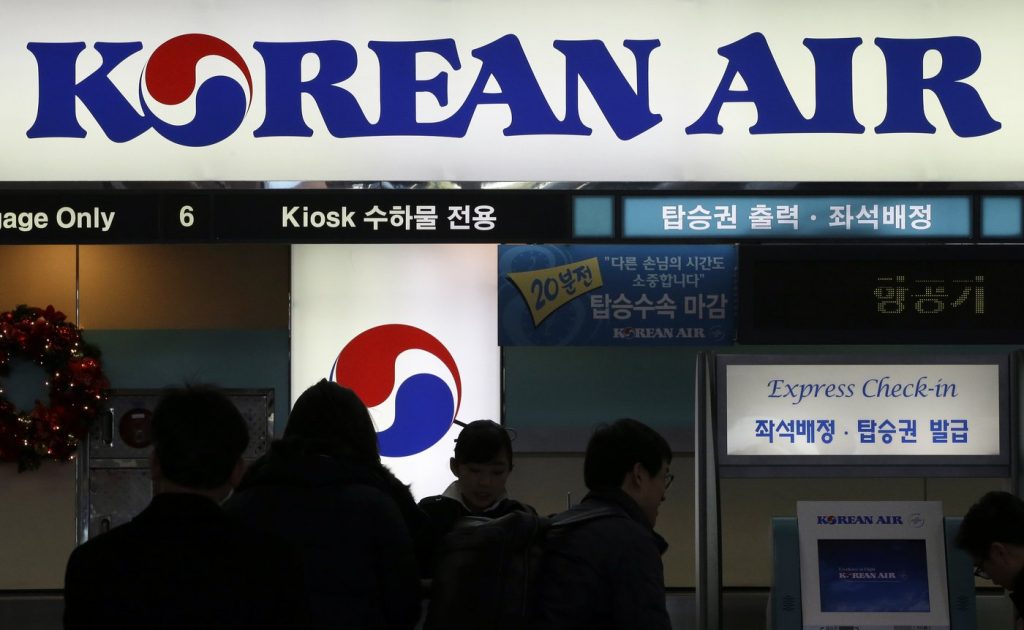SEOUL, South Korea (AP) – Korean Air has recently finalized a monumental $50 billion agreement to purchase over 100 Boeing aircraft, including several spare engines and a comprehensive 20-year engine maintenance service. This significant announcement highlights the airline's strategic commitment to bolstering its operations in collaboration with the U.S. aviation sector.
The formalization of the deal took place during a signing ceremony held in Washington, D.C., where South Korean President Lee Jae Myung met with President Donald Trump. This high-profile event underscored the importance of the agreement not only for Korean Air but also for strengthening ties between South Korea and the United States.
As detailed in the announcement by Korean Air, the contract allocates $36.2 billion toward the acquisition of 103 next-generation Boeing aircraft. It also includes $690 million dedicated to securing 19 spare engines from GE Aerospace and CFM International. Furthermore, $13 billion is earmarked for the 20-year engine maintenance service contract with GE Aerospace. This comprehensive investment signifies Korean Air's dedication to enhancing its fleet and operational efficiency.
The aircraft purchase order is diversified, comprising 20 Boeing 777-9s, 25 Boeing 787-10s, 50 Boeing 737-10s, and eight Boeing 777-8F freighters. Korean Air announced that these aircraft are scheduled for phased delivery through the end of 2030, indicating a well-structured plan for fleet enhancement over the next decade.
Korean Air representatives emphasized that this deal represents a strategic choice aimed at strengthening partnerships with the U.S. aviation industry. The airline's statement highlighted that this substantial investment would enhance its operational capabilities and global competitiveness, ultimately fostering robust commercial ties that contribute to sustainable growth.
The signing ceremony was attended by notable figures, including Walter Cho, the Chairman and CEO of Korean Air and Hanjin Group; Stephanie Pope, the President and CEO of Boeing Commercial Airplanes; and Russell Stokes, the President and CEO of Commercial Engines & Services at GE Aerospace. Their participation further signifies the collaborative spirit behind this landmark agreement.
This deal not only marks a significant milestone for Korean Air but also reflects the broader trends in the aviation industry, where airlines are increasingly investing in next-generation aircraft and sustainable practices. The importance of this agreement goes beyond financial figures; it symbolizes a deepening of international commercial relationships and a commitment to advancing technological capabilities within the airline sector.
As the global aviation landscape continues to evolve, Korean Air's ambitious plans will likely set a precedent for other airlines in the industry. The integration of advanced aircraft and long-term maintenance strategies positions Korean Air to navigate future challenges effectively, ensuring that it remains competitive in a rapidly changing market.











